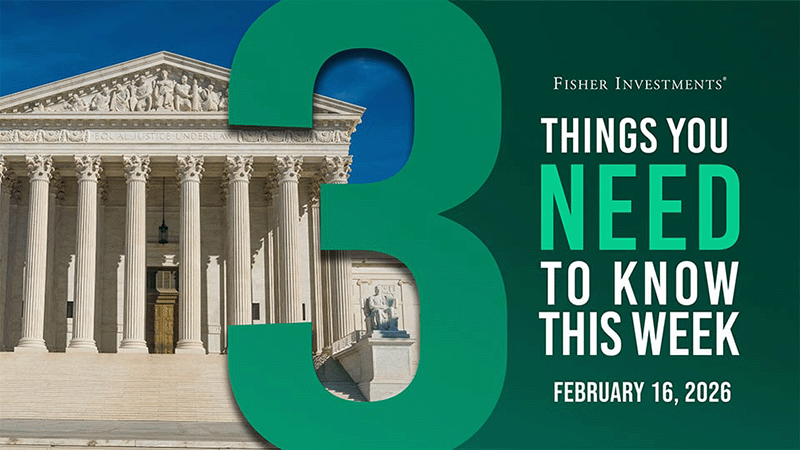Personal Wealth Management / Economics
If It Ain’t Broke, Don’t Fix It
France released its 2013 budget, including a new 75% tax on those making over €1 million a year and various other moves that seem, to us, solutions in search of problems.
French President FranÇois Hollande and Prime Minister Jean-Marc Ayrault unveiled their new budget proposal Friday, aiming to reduce France’s budget deficit to 3% of GDP by the end of 2013 (from 4.5% this year) and to 0.3% of GDP by 2017. The proposed budget includes €20 billion in new taxes (mostly on wealthy individuals and corporations) and €10 billion in spending cuts. Although small and medium-sized businesses will be spared, larger French corporations will see various tax deductions and exemptions disappear. Likewise, new taxes on individuals include a marginal income tax rate hike on earnings between 150,000 and 1 million to 45% (from 41%). However, the most controversial part of the budget is a 75% income tax on incomes exceeding €1 million a year—catapulting France into the lead for highest marginal tax rate of all countries. (The eurozone average top rate is around 43%.)
France can jack up its top rate all it likes, but it’s not clear what issue this resolves. France’s bond yields are near their recent lows, and fact is, French rates don’t seem subject to the same pressures bedeviling other eurozone nations right now. But if their aim is to reduce deficits—possibly at the cost of lower economic growth—these moves may do that.
Then, too, we doubt the tax hikes result in the desired increase in tax receipts. As we said when Hollande first proposed the tax 75% high-earner tax, it’s likely some of the wealthy vote with their feet and leave, rather than have three quarters of anything after the first million seized by the state. The EU allows tremendous mobility. All a million-earner need do is move to a country with friendlier tax policies. It’s not hard to imagine a wealthy Parisian family opting to keep that 75% of their supposedly excess earnings, moving to London or some other tax-friendly locale and telecommuting to Paris for the two years the tax is in effect. (That assumes the French don’t extend the tax—temporary taxes frequently aren’t all that temporary. Which means that French family may opt to stay away longer-term.)
As it is, the tax on wealthy is only expected to raise several hundred million euros over the two year period it’ll be in effect—there are only an estimated 3,000-5,000 households the tax would net. Assuming no change in these wealthy household’s behavior (a stretch—taxes are an incredibly effective incentive, see: Laffer curve), that’s probably not enough to make a dent on France’s budget on its own.
To be fair, Hollande and Aryault admitted the tax was largely “symbolic” to show solidarity with the more common-folk in fixing France’s deficit. Symbolism is fine, and all. But do they really want this to be symbolic of France’s disdain for the entrepreneurial minded? Or symbolic of businesses choosing to follow their CEOs in their moves abroad?
Hollande and Aryault’s budget goes to the French parliament for approval next month. But in our view, it’d be far better for France to boost revenues by achieving faster economic growth. And that means rolling out the red-carpet for the companies and folks they seem intent on driving out right now.
If you would like to contact the editors responsible for this article, please message MarketMinder directly.
*The content contained in this article represents only the opinions and viewpoints of the Fisher Investments editorial staff.
Get a weekly roundup of our market insights
Sign up for our weekly e-mail newsletter.

You Imagine Your Future. We Help You Get There.
Are you ready to start your journey to a better financial future?

Where Might the Market Go Next?
Confidently tackle the market’s ups and downs with independent research and analysis that tells you where we think stocks are headed—and why.





